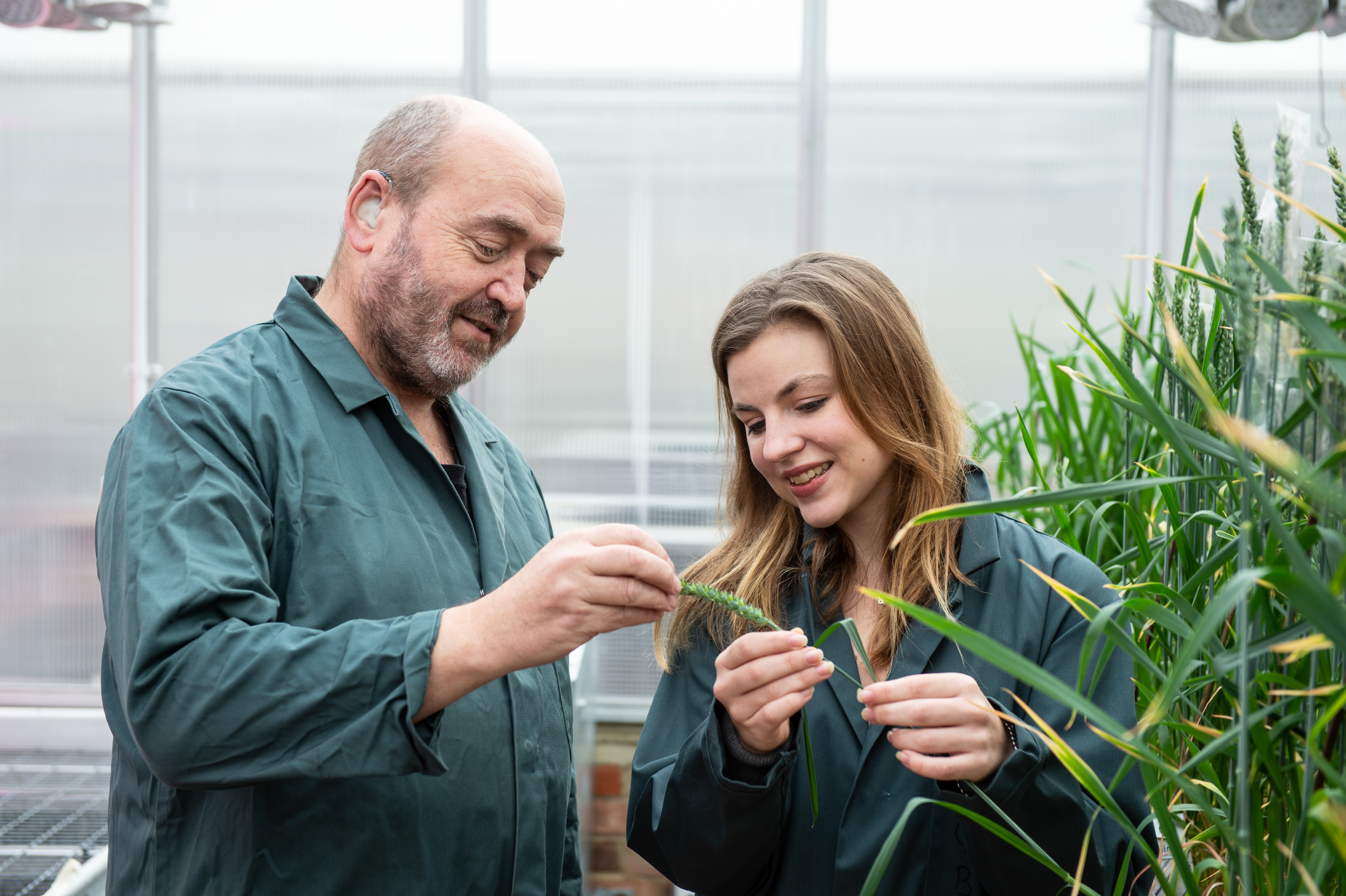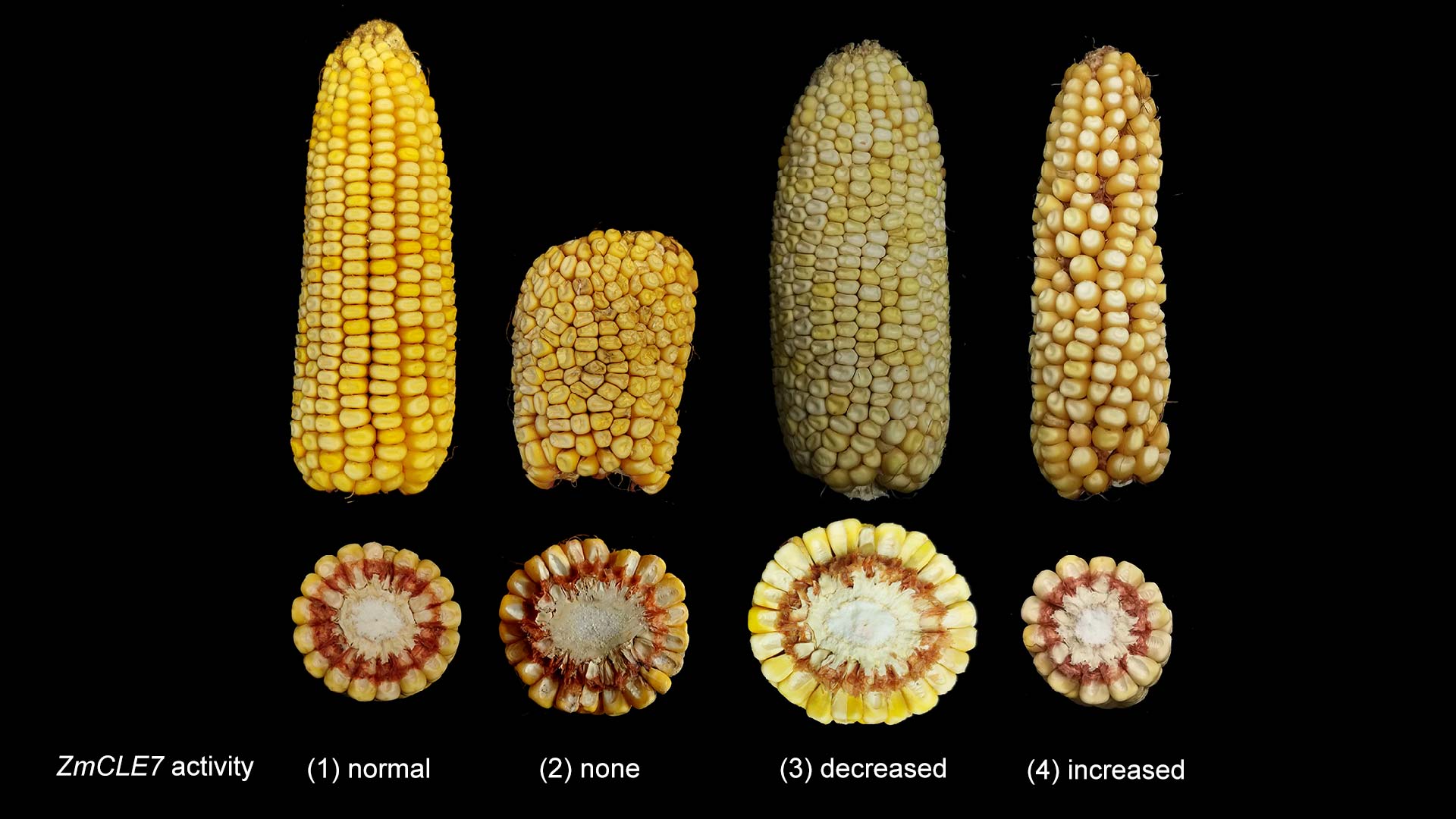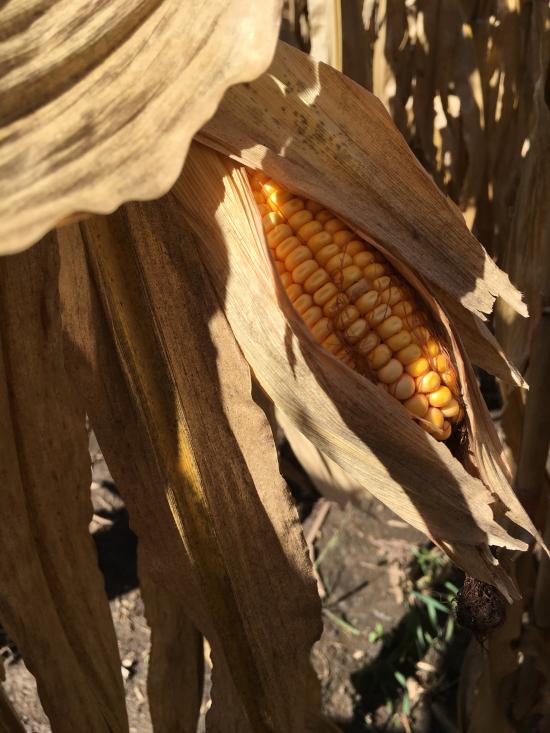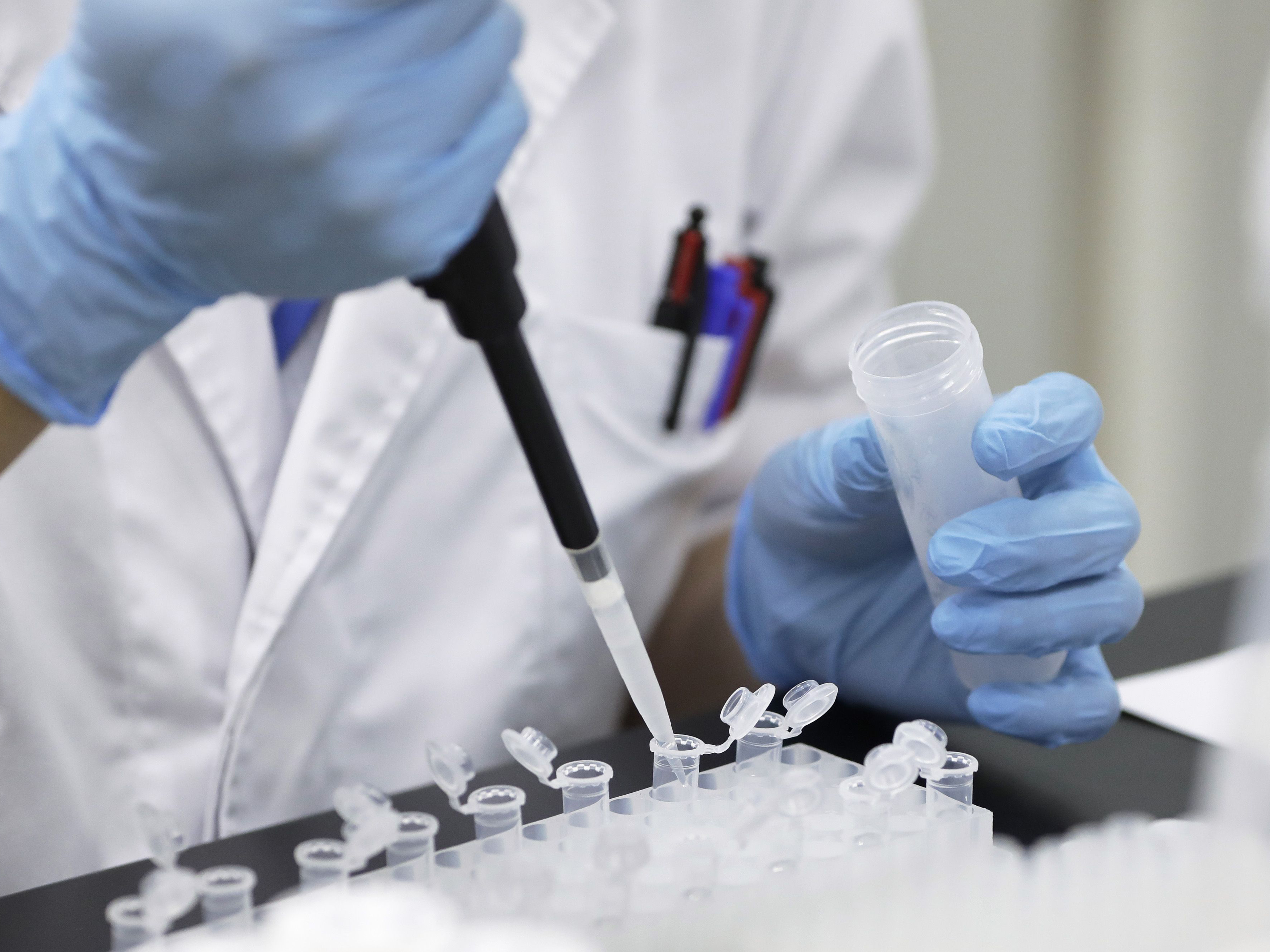 John LaRose Jr.
John LaRose Jr.
Topics: Wheat, Food/Nutrition, Sustainability, GMO's, Ag United Kingdom, Genes /Genetics, World Hunger, World Population, Education,
Genome edited wheat to reduce cancer risk from bread and toast
Gene knockout reduces amount of harmful acrylamide forming
-
(0)
-
Bookmark
- Comments (0)
-
(1)
-
Bookmark
- Comments (0)
 John LaRose Jr.
John LaRose Jr.
Topics: Agriculture Global, Sustainability, GMO's, Research, CRISPR/Gene Editing, Genes /Genetics, World Hunger, World Population, Education,
Tweaking corn kernels with CRISPR - Cold Spring Harbor Laboratory
Corn—or maize—has changed over thousands of years from weedy plants that make ears with less than a dozen kernels to the cobs packed with hundreds of juicy kernels that we see on farms today. Powerful DNA-editing techniques such as CRISPR can speed up that process. Cold Spring Harbor Laboratory (CSHL) Professor David Jackson and his...
-
(1)
-
Bookmark
- Comments (0)
 Nancy Kavazanjian
Nancy Kavazanjian
Topics: Food/Nutrition, GMO's,
Next-gen GMO entrepreneurs target consumers, not farmers | Greenbiz
Startup Pairwise is focused on making nutritious plants such as mustard greens or blackberries more palatable to consumer appetites without adding new genes. This approach could be much less controversial than previous GMO efforts.
-
(0)
-
Bookmark
- Comments (0)
 John LaRose Jr.
John LaRose Jr.
Topics: GMO's, Ag Europe, Genes /Genetics, Government / Policies, Education,
Horizon Europe to fund research on genome editing in agriculture
Horizon Europe is to allocate €5 million for projects aimed at understanding the benefits and risks of genome editing technologies in agriculture over the next two years, according to a leaked draft work programme. The move is in support of the ‘Farm to Fork’ plan to reduce the use of fertilisers by 30 per cent and turn 25 per cent of agricultural land over to organic farming. To reach these objectives, the Commission says the EU needs to “enable major advances in the life sciences and biotechnology, in new genomic techniques, such as gene/genome editing.” Plans for the €5 million call come after EU agriculture ministers called on the Commission last October to enable the use of “new innovative ingredients and techniques” to boost sustainable food production, once they are shown to be safe for humans, animals and the environment. The headline figure for the call is only indicative, and the Commission could fund proposals that go beyond this figure. Also last October, French scientist Emmanuelle Charpentier, director at the Max Planck Institute for Infection Biology in Berlin, and her collaboration partner Jennifer Doudna, were awarded the Nobel prize in chemistry “for the development of a method for genome editing.” But as things stand, precision breeding of plants with gene editing technologies cannot be used in the EU, following a 2018 ruling by the European Court of Justice (ECJ), which founds genome editing is subject to the 2001 EU directive banning genetically modified organisms (GMOs). In an early post-Brexit move, the UK last month launched an industry consultation on gene editing, as it seeks to move away from EU regulations on genetically modified organisms (GMOs). Depending on the outcome, there will be a second consultation on changing the definition of a GMO. The UK government view is that organisms produced by gene editing or by other genetic technologies, should not be regulated as GMOs if they could have been produced by traditional breeding methods. The proposed €5...
-
(0)
-
Bookmark
- Comments (0)
02/09/2021 SOURCE: www.agriculture.com
BEIJING, Feb 9 (Reuters) - China's Ministry of Agriculture and Rural Affairs said on Tuesday it had found eight companies and research institutes that illegally produced or carried out research on genetically modified (GM) seeds. The companies included two seed marketing companies in northeast Liaoning province and two corn breeders in northwest Xinjiang province who were producing GM corn seed. The ministry said seeds were confiscated and the companies fined. China does not permit the production or planting of GM corn.
China finds illegal work on genetically modified corn, cotton seed
-
(0)
-
Bookmark
- Comments. (0)
02/04/2021 SOURCE: www.supplychainbrain.com
U.S. Department of Agriculture rules on the labeling of genetically modified organisms (GMOs) in food are being extended to include smaller producers and sellers. The deadline for compliance is the end of this year, but some companies have yet to make the effort to determine whether they’re affected.
Food Producers Face Deadline for Meeting GMO Labeling Rules
-
(0)
-
Bookmark
- Comments. (0)
 Randy Krotz
Randy Krotz
Topics: Agriculture US, Agriculture Global, GMO's, CRISPR/Gene Editing, Trade (Commodities), Coronavirus/COVID,
This is an extremely informative article regarding the pandemic and previous high-profile public health concerns and their impact on consumers.
Read More-
(1)
-
Bookmark
- Comments (0)
01/25/2021 SOURCE: www.potatonewstoday.com
According to a Reuters report, France sees crops developed using gene-editing techniques as different to genetically modified organisms (GMOs) and opposes a European Union court decision to put the…
France backs non-GMO regulation for crop gene-editing in EU
-
(0)
-
Bookmark
- Comments. (0)
01/20/2021 SOURCE: www.fwi.co.uk
France is on a collision course with the European Union after it said gene-edited crops should not be classified as genetically modified organisms (GMs).
Gene-edited crops not the same as GMs, says France - Farmers Weekly
-
(0)
-
Bookmark
- Comments. (0)











